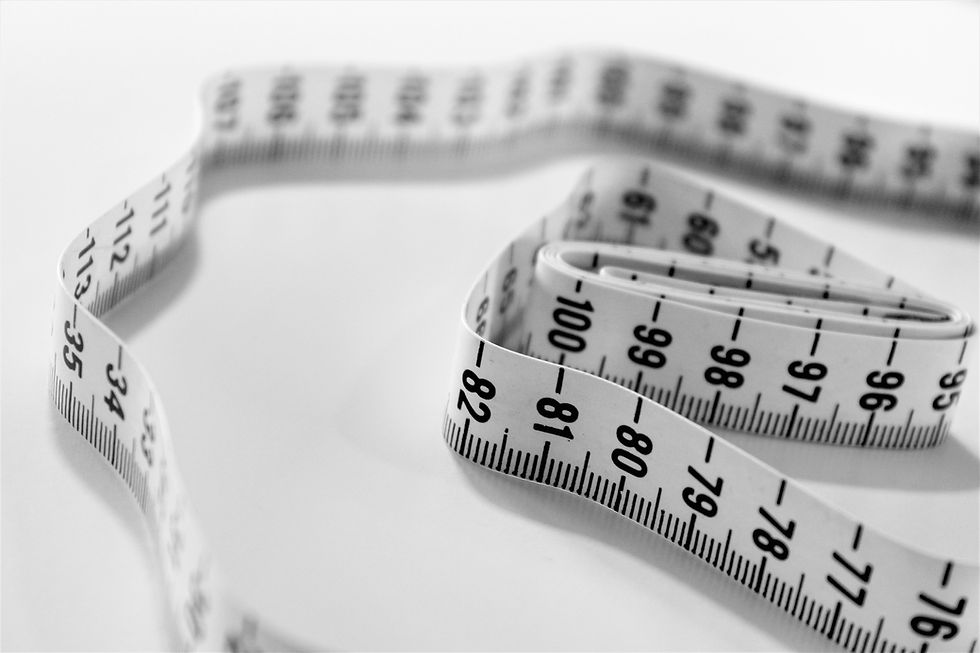Feel Tired When Working Out? Here Are 7 Possible Reasons
- Divine Alkaline
- Jul 9, 2023
- 3 min read

Workouts – by their very nature – are physically demanding, so feeling a little tired at various points during your regular gym sessions is far from unusual, and is unlikely to be a cause for concern. However, there can be a point where the standard ‘a little tired’ is not an accurate description of how you feel when you’re working out: instead, you’re incredibly tired, to the point where every step or rep feels like it requires more effort than you have to give In some instances, you may be too exhausted to even continue with your workout – which can hamper your ability to reach your fitness goals.
If you find yourself in the above scenario, you’ll likely wonder why this issue is happening, and below, we’ve outlined seven potential reasons you may be experience mid-workout tiredness.
1. General poor sleep quality

If you have not been sleeping well in general, then focusing on sleep hygiene basics – such as going to bed and getting up at the same time each day, keeping your bedroom dark and cool, and so on – could alleviate the issues you are experiencing with workout tiredness.
2. Dehydration

Our bodies need to be hydrated in order to function as they should. If you become dehydrated – as is extremely likely during a workout, especially if you are sweating heavily – then your body will start to struggle, causing you to feel tired and underpowered. It’s therefore imperative to replace the fluids you’re losing when working out by drinking water (or a good-quality sports drink that is enriched with electrolytes) throughout your workout session.
3. Nutritional needs are not being met

Our bodies rely on certain nutrients in order to successfully work out, so if your nutritional needs are not being met, tiredness is a likely consequence. There’s a lot of debate as to which foods are considered best to eat prior to a workout, but a mixture of complex carbs, fruit (especially bananas), and protein should be advantageous, and you may also want to consider best pre workout supplement for an additional boost to your overall workout session. It’s also worth looking at your wider diet to ensure that you’re eating a healthy balance of carbs, essential fats and fibers and have sufficient intake of essential vitamins, minerals, antioxidants, and so on.
4. Exercise-induced bronchoconstriction

This may sound like a rather complex topic, but it’s actually simple: exercise-induced bronchoconstriction (EIB) causes the airways of the lungs to narrow in response to exercise, which can cause you to feel tired due to a restriction in oxygen supply. Other symptoms include coughing, wheezing, and shortness of breath. In other words learn to control your breathing.
Speak to your doctor for further advice as to how EIB can be managed.
5. Anemia

Anemia leads to low iron levels in the body, which cause issues with how oxygen is transported and circulated in the body. Less oxygen subsequently results in a number of symptoms, including feelings of excess tiredness during workouts, as well as issues such as dizziness, paleness, difficulty concentrating, and insomnia. Your doctor can administer blood tests that can diagnose the condition and can then assist with treatment.
6. Over exercising

Exercise is – obviously – extremely beneficial but it is definitely possible to have too much of a good thing. If you’re not giving your body a chance to recover from each workout, then you’ll quickly begin to feel tired and run down every time you visit the gym. Make sure you have rest days built into your fitness routine to prevent over exercising and ensure you have enough energy for the workouts you do engage with.
7. Hypothyroidism

Low energy levels can be caused by a condition called hypothyroidism or, as it is more commonly known, an underactive thyroid. If your thyroid is no longer producing sufficient levels of thyroid hormone, then energy issues – as well as symptoms such as weight gain, cold sensitivity, and muscle weakness – can develop, which in turn could result in tiredness when you’re working out. Hypothyroidism is usually diagnosed by your doctor via a blood test.
Комментарии